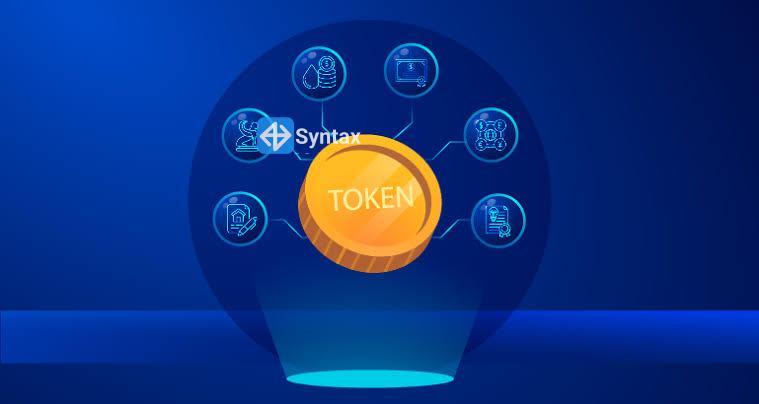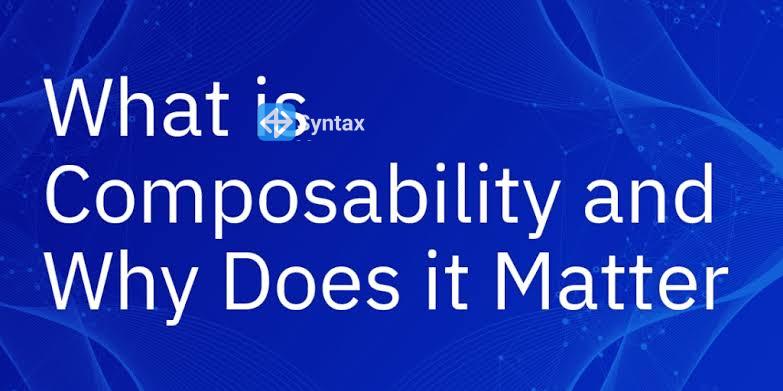A public key is a cryptographic code that allows others to encrypt information or verify a digital signature in a way that only the matching private key can decrypt or generate
It is part of asymmetric cryptography (public-key cryptography), where two mathematically linked keys are used:
- Public key → Shared openly with anyone. Used to encrypt data or verify signatures.
- Private key → Kept secret. Used to decrypt data or create signatures.
Example in practice:
- Messaging/Encryption: If someone wants to send you a secure message, they use your public key to encrypt it. Only you (with your private key) can decrypt it.
- Digital Signatures: If you sign a transaction or document with your private key, anyone with your public key can verify that it was indeed signed by you.
Why Public Keys Are Important
- Secure Communication: Public key cryptography overcomes the security challenges of traditional symmetric key encryption, where sharing the encryption key could compromise security.
- Confidentiality: Public keys ensure that only the owner of the private key can access the sensitive information sent to them.
- Authentication and Trust: Public keys allow for the verification of digital signatures, confirming the sender's identity and the integrity of the message.
- Blockchain and Cryptocurrency: In cryptocurrencies, a public key generates a unique public address (like a bank account number) for receiving funds, and the private key is used to access and spend those funds.
🔑 In short:
The public key is like your address (safe to share), while the private key is like your password (must stay secret).












